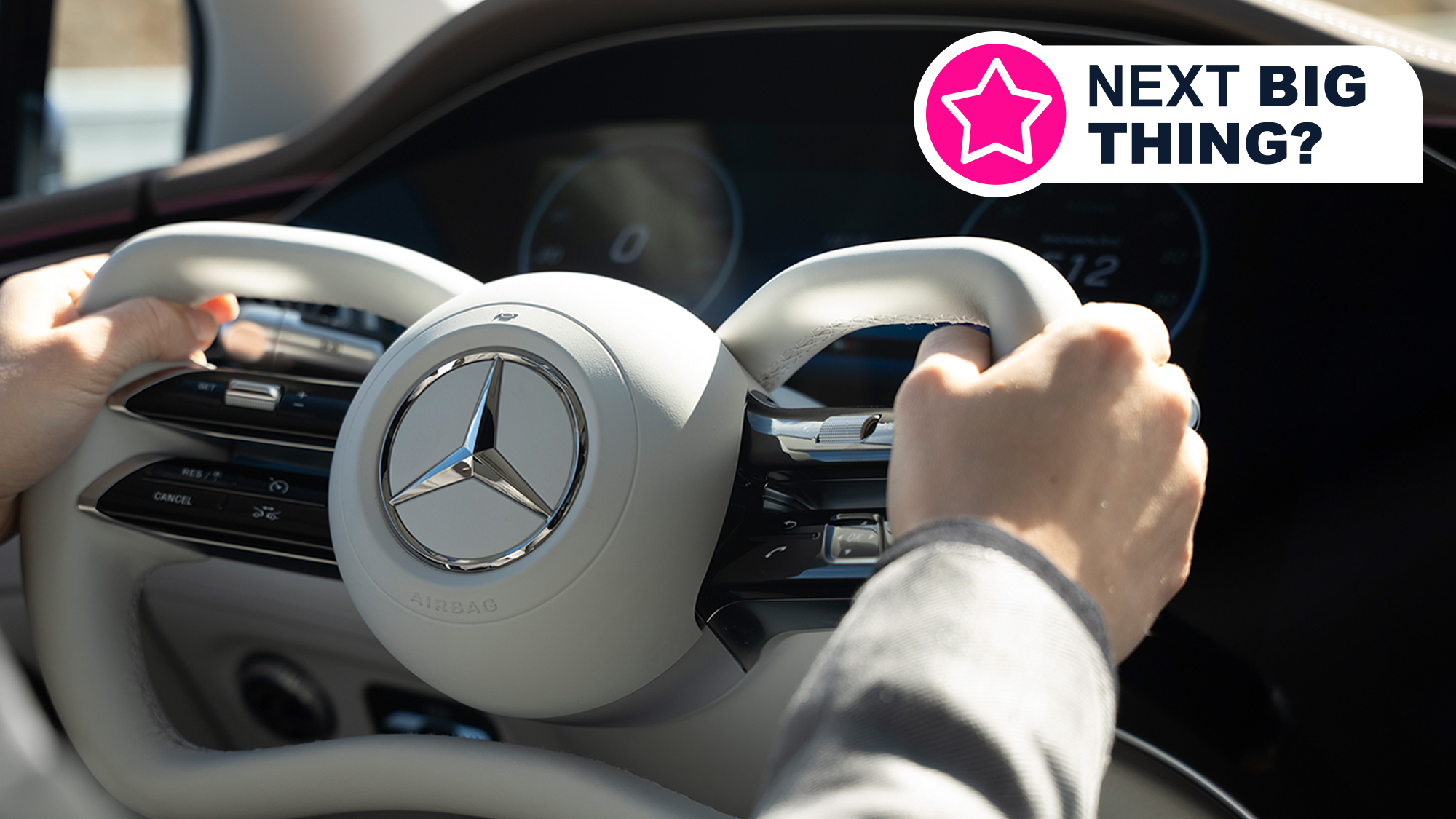New Zealand Revamps EV Charging Investment to Accelerate Nationwide Rollout

New Zealand’s Government has unveiled a major shift in how it partners with the private sector to co-invest in public electric vehicle (EV) charging infrastructure, in a bid to overcome barriers to EV adoption and significantly expand the nation’s charging network. Transport Minister Chris Bishop and Energy Minister Simon Watts announced the updated approach, which will move away from direct grants and adopt a commercial, competitive loan-based model, modelled on the success of the Ultra-Fast Broadband rollout strategy. The Urgency: Closing the EV Infrastructure Gap Despite growing EV sales, New Zealand lags behind many OECD countries in providing public EV chargers. As of December 31, 2024, there were just 1,378 public charging points, equating to one charger for every 84 EVs on New Zealand’s roads. The Government has set an ambitious goal: 10,000 chargers by 2030, a significant leap intended to achieve a ratio of one charger per 40 EVs. "This shortfall in charging infrastructure is a major barrier," said Minister Bishop. "Kiwis need the confidence that they can recharge their EVs easily, whenever and wherever needed." Without sufficient chargers, many consumers hesitate to switch to electric, perpetuating a "chicken-and-egg" problem where low demand discourages infrastructure investment, and vice versa. A New Co-Investment Model: Learning from Broadband Rollout Success Since 2016, government support for EV infrastructure has relied on direct grants, helping establish an initial market. However, with EVs now making up over 2 percent of the light vehicle fleet and projected to hit 11 percent by 2030, the environment has matured. The new model involves offering concessionary loans — low-cost loans designed to de-risk private sector investments. Up to $68.5 million of existing grant funding will be repurposed for this initiative. Key features of the revamped model include: Contestable Co-Investment Rounds : Private operators will submit competitive proposals to access funding. Portfolio-Based Proposals : Applicants can propose multiple charging sites in a single bid, enabling economies of scale. Cost-Benefit Analysis: Each application will be evaluated to ensure it delivers greater benefits to New Zealand than the associated costs. “Using loans rather than grants will achieve our objectives faster, cheaper, and with less complexity," said Minister Bishop. "It ensures public money stretches further, attracting substantial private sector investment." Why the Change Matters: Driving Economic and Climate Benefits Energy Minister Simon Watts emphasized the broader advantages of EV adoption, stating, "With New Zealand's rich renewable energy resources, EVs are a natural fit for our country. Charging an EV here largely means harnessing power from water, wind, and geothermal sources rather than fossil fuels." Beyond environmental gains, EVs present significant savings to households: Lower running costs compared to petrol and diesel vehicles. Reduced maintenance costs , with fewer moving parts. Support for national energy independence by reducing reliance on imported oil. "Expanding EV charging infrastructure will make it easier for more Kiwis to go electric, lowering transport costs and building a more resilient, sustainable economy," Watts said. The government sees this move as part of its wider mission to grow the economy, increase household savings, and position New Zealand as a leader in clean transport. Administration and Next Steps The new investment model will be managed by National Infrastructure Funding and Financing (NIFFCo), the successor to Crown Infrastructure Partners, which famously delivered New Zealand’s Ultra-Fast Broadband program ahead of schedule and under budget. The Energy Efficiency and Conservation Authority (EECA) will continue to play a supportive advisory role, providing technical assistance and guidance where needed. The first round of contestable co-investment funding is expected to open later in 2025, with the government urging private companies to prepare robust, scalable proposals. Looking Ahead: A Comprehensive National EV Network The Government’s strategy is a bold recognition that infrastructure must lead demand, rather than trail it. Officials believe this will remove the "range anxiety" that deters many potential EV buyers and will lay the foundation for a cleaner, more prosperous New Zealand. If successful, New Zealand will not only catch up to its OECD peers but could become a global model for smart, strategic public-private investment in the EV transition. “We are committed to ensuring New Zealanders have the confidence to choose electric vehicles,” said Bishop. “This updated investment model is a vital step towards that future.”


















